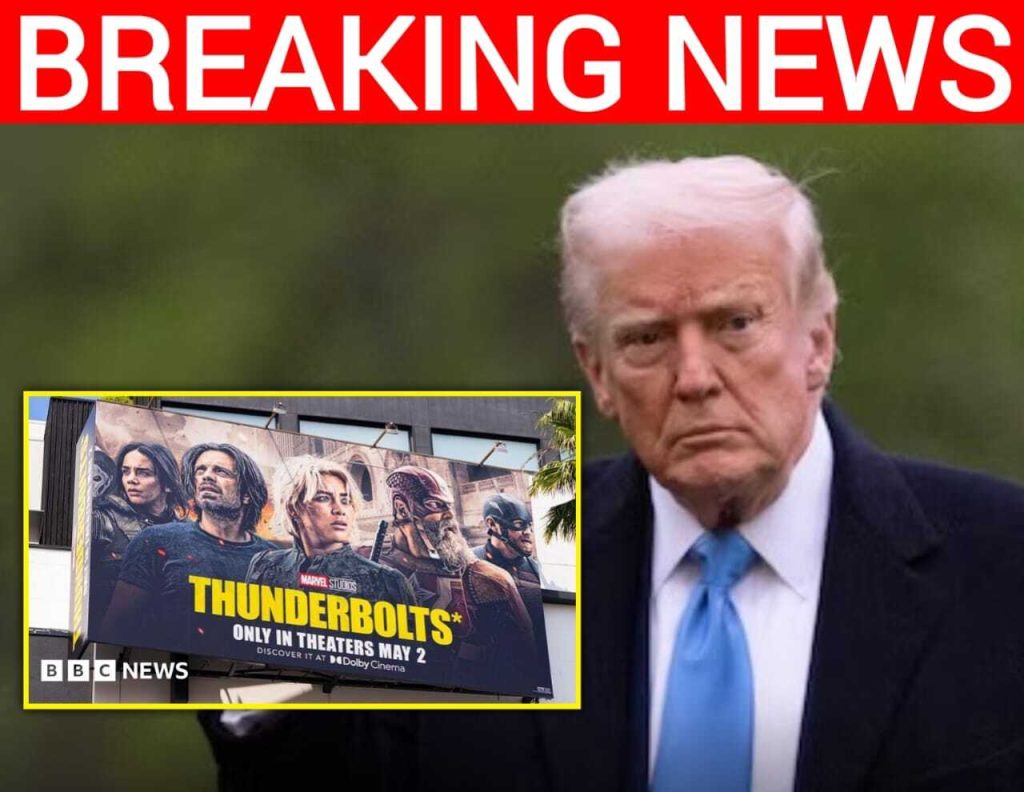President Trump Unveils 100% Tariff on Foreign-Made Movies, Targeting Hollywood Outsourcing and California’s Struggles
President Donald Trump has once again shaken both the entertainment world and the political landscape with a major announcement: a 100% tariff on any and all movies made outside of the United States. The former president, who has long argued that America’s film industry has been “stolen” by foreign nations offering incentives and cheaper labor, declared that this move is necessary to protect one of America’s most iconic businesses. In his own words, Trump described the situation as “like stealing candy from a baby,” pointing directly at California as a state that has been hit the hardest due to its declining film production.
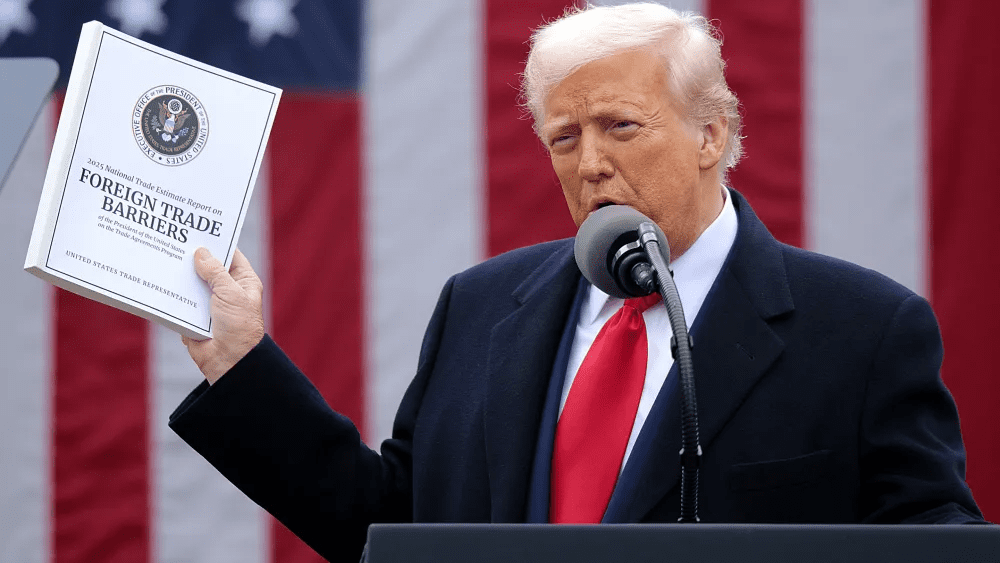
This announcement did not come out of nowhere. Trump has been laying the groundwork for this policy for months, and in May 2025 he told Reuters that he believed America’s entertainment industry was collapsing under the weight of foreign competition. His message echoes the findings of a 2023 UCLA study, which showed that domestic film production jobs dropped by 15% since 2018, while countries like Canada and the UK benefited from tax breaks and government support that drew American studios overseas.
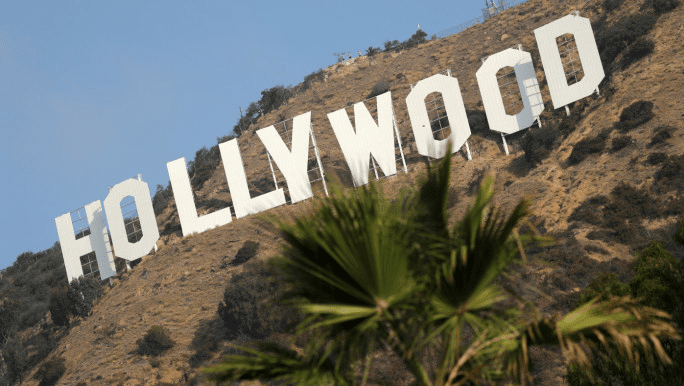
Trump’s words also land in a California political climate where Governor Gavin Newsom has focused more heavily on climate change initiatives and environmental regulations than on protecting film jobs. This, according to Trump and his supporters, has left California vulnerable to job losses and outsourcing. A September 2025 YaleGlobal analysis noted how Hollywood’s globalization created opportunities for creative partnerships abroad but also left local workers in Los Angeles and surrounding areas facing reduced opportunities.

For Trump, the issue is simple: America First should mean movies first. But the economic reality is more complicated. According to the Motion Picture Association’s 2024 annual report, U.S. studios saved nearly $2.5 billion a year by filming overseas, taking advantage of foreign tax credits, lower labor costs, and international co-productions. These savings have allowed major studios to keep budgets under control while still producing blockbuster hits. A sudden 100% tariff could shake that balance, potentially raising ticket prices for American audiences and straining relationships with global partners.
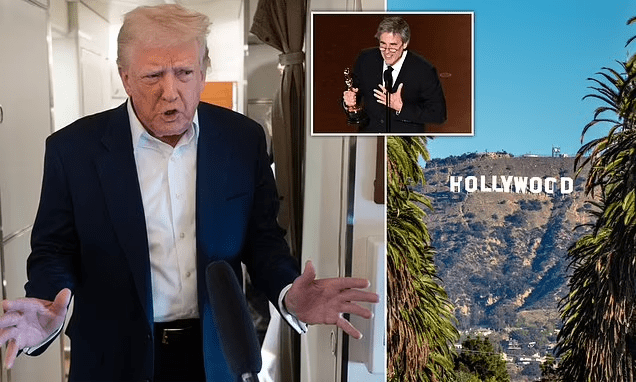
Supporters of the plan argue that this is exactly the kind of tough love the industry needs. By forcing studios to bring production back home, Trump hopes to spark a revival of Hollywood jobs and restore America’s dominance in filmmaking. For many in California who have watched friends and family lose jobs to overseas shoots, the announcement feels like a lifeline. Critics, however, caution that the plan could backfire, with consumers footing the bill for higher costs and international studios retreating from collaborations with American companies.
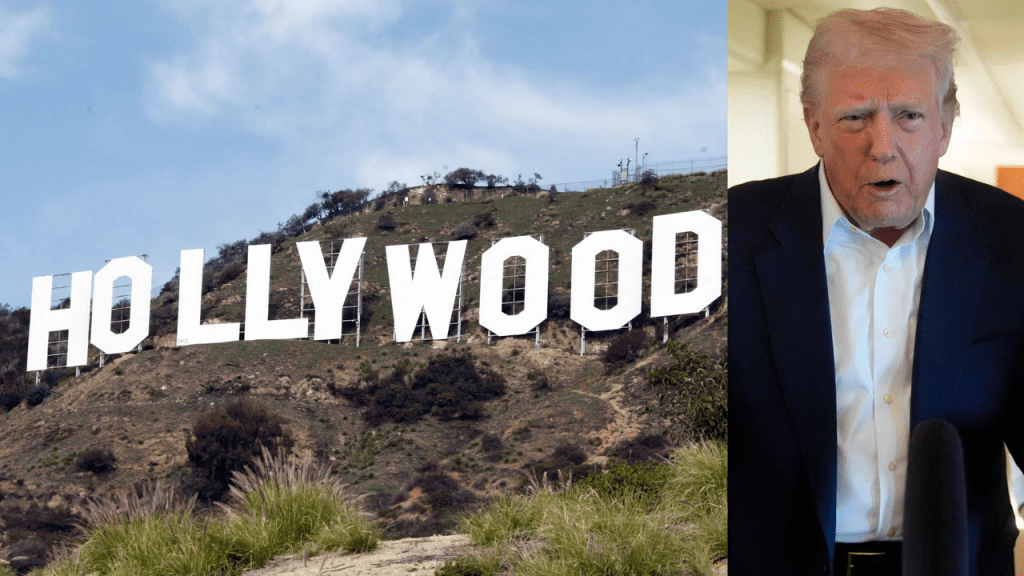
What is undeniable is that Trump has managed to once again set the stage for a national debate that mixes culture, politics, and economics all at once. Just as his tariffs on steel and other industries in his first term sent ripples across the global economy, this move on movies could have consequences far beyond California or even the United States. The next few months will reveal whether studios push back, whether consumers react to higher prices, and whether Trump’s gamble to save Hollywood jobs truly pays off.
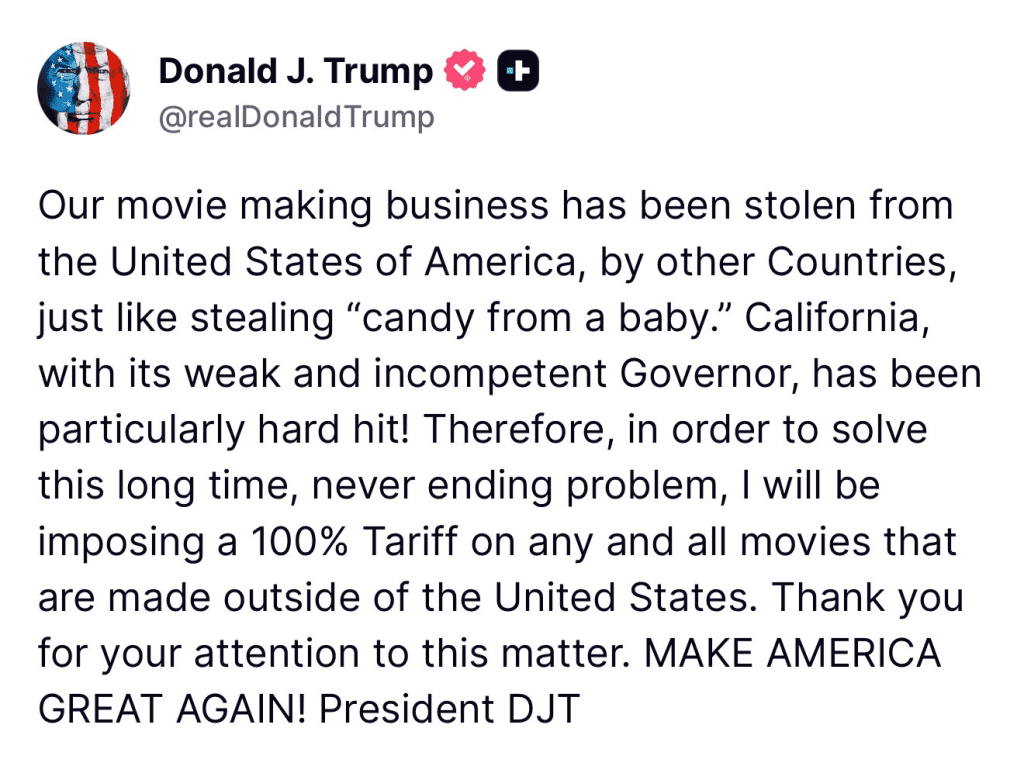
For now, Hollywood is on notice: America’s film business is back at the center of the political fight. Trump’s message is loud and clear—if you want to make movies for the American market, make them in America.
